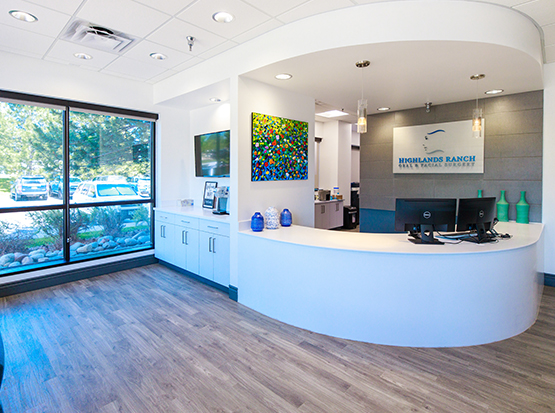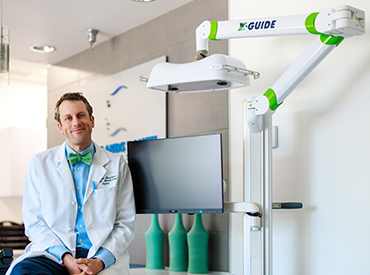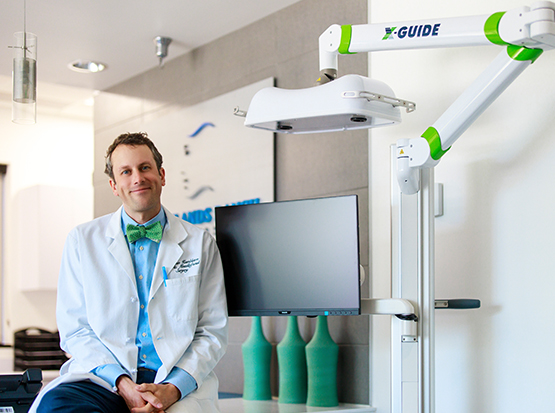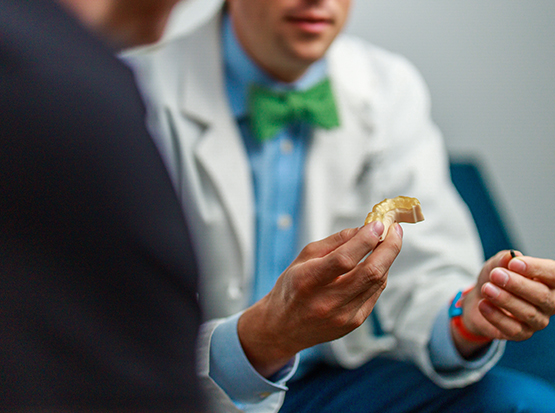Bleeding
A certain amount of bleeding is to be expected following surgery. Slight bleeding, oozing, or redness in the saliva is not uncommon. Excessive bleeding may be controlled by first rinsing or wiping any old clots from your mouth, then placing a gauze pad over the area and biting firmly for thirty minutes. Repeat if necessary. If bleeding continues, bite on a moistened black tea bag for thirty minutes. The tannic acid in the black tea helps to form a clot by contracting bleeding vessels. To minimize further bleeding, do not become excited, sit upright, and avoid exercise. If bleeding does not subside, call our office for further instructions.
Swelling
The swelling that is normally expected is usually proportional to the surgery involved. Swelling around the mouth, cheeks, eyes, and sides of the face is not uncommon. This is the body’s normal reaction to surgery and eventual repair. The swelling will not become apparent until the day following surgery and will not reach its maximum until 2-3 days post-operatively. However, the swelling may be minimized by the immediate use of ice packs. Two baggies filled with ice, or ice packs, should be applied to the sides of the face where surgery was performed. The ice packs should be left on continuously while you are awake. After 36 hours, ice has no beneficial effect. If swelling or jaw stiffness has persisted for several days, there is no cause for alarm. This is a normal reaction to surgery. Thirty-six hours following surgery, the application of moist heat to the sides of the face is beneficial in reducing the size of the swelling.
Pain
For moderate pain, one or two tablets of Tylenol or Extra Strength Tylenol may be taken every 3-4 hours. Ibuprofen (Advil or Motrin) may be taken instead of Tylenol. Ibuprofen bought over the counter comes in 200 mg tablets: 2-3 tablets may be taken four times daily, not to exceed 3200mg daily for an adult. Consult our practice for individuals under 18. Do not take the two medications at the same time.
For severe pain, the prescribed medication should be taken as directed. Do not take any of the above medication if you are allergic to them, or have been instructed by your doctor not to take it. Do not drive an automobile or work around machinery. Avoid alcoholic beverages. Pain or discomfort following surgery should subside more and more every day. If pain persists, it may require attention and you should call the office.




